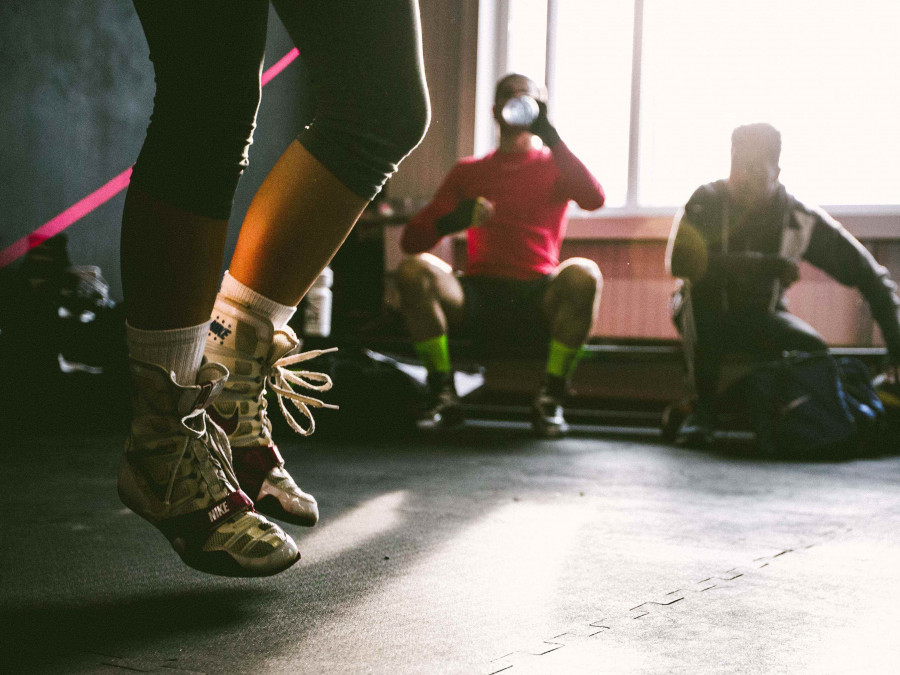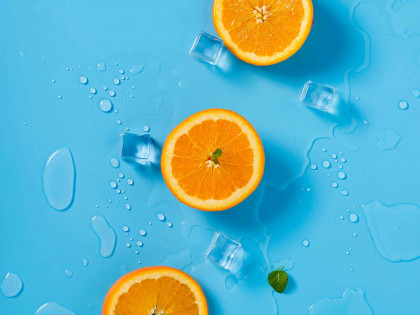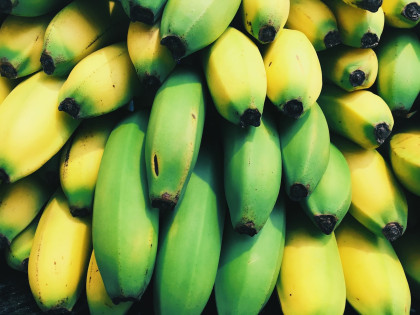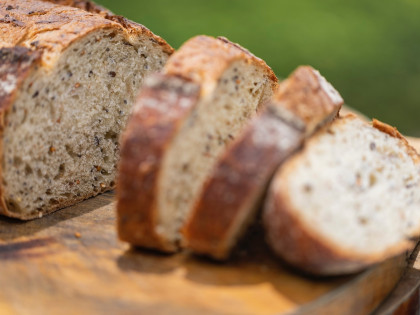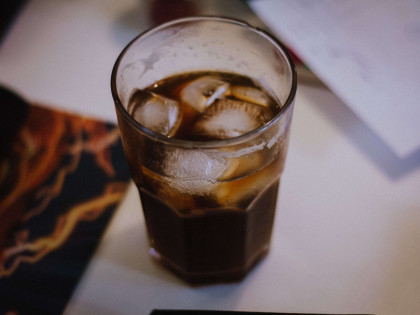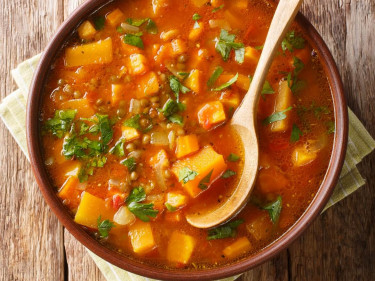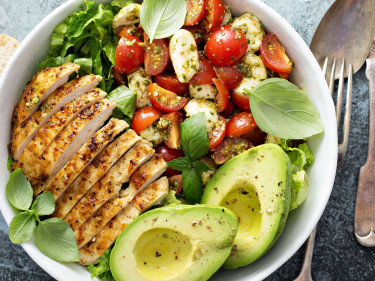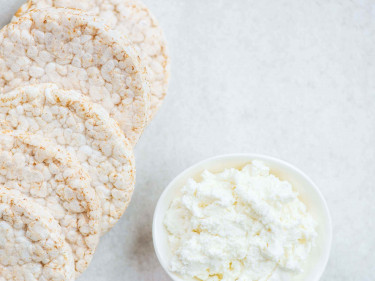Why is recovery nutrition important after exercise?
During exercise, our bodies mostly use carbohydrates (stored glycogen and blood glucose) and some fat for energy. We also lose fluid through sweat and expiration and repeated muscle contractions during exercise create tiny tears in your muscles that need repairing.
The key goals of recovery nutrition are to:
- Appropriately refuel and rehydrate the body
- Promote muscle repair and growth
- Boost adaptation from the training session
- Support immune function
Do I need a recovery nutrition plan?
The duration and intensity of your exercise and your body composition goals determine whether you need specific recovery strategies or whether your normal food intake will be sufficient for recovery.
You should have a recovery nutrition plan if you are completing multiple training sessions in a day or within 8 hours of your previous session (e.g. Monday night and Tuesday morning). Additionally, if you compete and your training sessions are longer than one hour duration, you should have a recovery nutrition plan.
What happens if my recovery nutrition is wrong?
Inadequate recovery can lead to greater fatigue (during training and at work), reduced exercise performance at your next training session or event, increased muscle soreness and sub-optimal gains from the session just completed.
How to effectively refuel and repair?
A more aggressive refuelling plan is required when your next session is within 8h of your last. The body is best at using nutrients in the first 60-90mins following exercise so if there is a quick turnaround until your next session, consume your recovery meal within the first 60-90mins. However, higher rates of nutrient absorption last for around 12h so if there is no urgency for refuelling, a small snack may be suitable soon after you finish and then your first main meal after your session can be your recovery meal.
The first recovery meal should be rich in carbohydrate, contain lean protein and also electrolytes. Additional snacks may also be required over the next day to adequately refuel.
There is no one “best” option of what to eat after exercise. Individual preferences or tolerance will determine the most suitable option. Suggestions include:
- Egg and salad roll
- Chicken and salad
- Toasted meat and cheese sandwich
- Muesli with yoghurt and berries
- Fresh fruit salad topped with yoghurt or fruit smoothie
- Spaghetti bolognaise
- Tin of tuna on crackers plus a banana
- Smoked salmon and avocado on toast
How to effectively rehydrate after exercise?
Rehydration should begin as soon as you finish your session. Its beneficial to work out your fluid losses so you know what you need to replace afterwards. One way to do this is to calculate your sweat rate:
Before exercise:
- Empty your bladder.
- Weigh yourself in minimal clothing, as close to the start of exercise as possible (this is your initial weight).
- Record the ambient temperature.
- Do your exercise session.
During exercise:
- Record the volume of any fluid you consume during your exercise session (fluid).
- Estimate (or measure!) urine losses during your exercise session (urine).
After exercise:
- Weigh yourself again at the end of your session, in the same clothing as before - be sure to towel off any excess sweat from your body first (this is your final weight).
- Your weight change during exercise, plus any fluids consumed, minus any urine losses, reflects your total fluid loss for that session. To work this out:
- Subtract your final weight from your initial weight.
- Add the weight of fluid (in kg) that you consumed while exercising.
- Subtract the weight of fluid (in kg) you lost through urination.
- To make this into an hourly rate, divide it by the number of hours you spent exercising.
Sweat rate (L/hr) = [initial weight (kg) – final weight (kg) + fluid (kg*) – urine (kg)] / time (hrs)
(*One litre of water or urine is equivalent to one kilogram.)
What drink is best for recovery?
For sessions 1h duration or less, water is the most appropriate fluid choice; there is no need to consume sports drinks for sessions <1h. If you have a quick turnaround before your next session, sports drinks may be beneficial as they help with both rehydration and refuelling. Dairy based fluids such as smoothies and flavoured milk are especially handy if you want to protein, carbohydrate, fluid and electrolyte in one go. Your body can only absorb so much fluid at once so it is more beneficial to consume small amounts frequently rather than large amounts less often.
An Accredited Sports Dietitian can help with an appropriate recovery plan. Plans are tailored to your training schedule and fluid and electrolyte losses.



